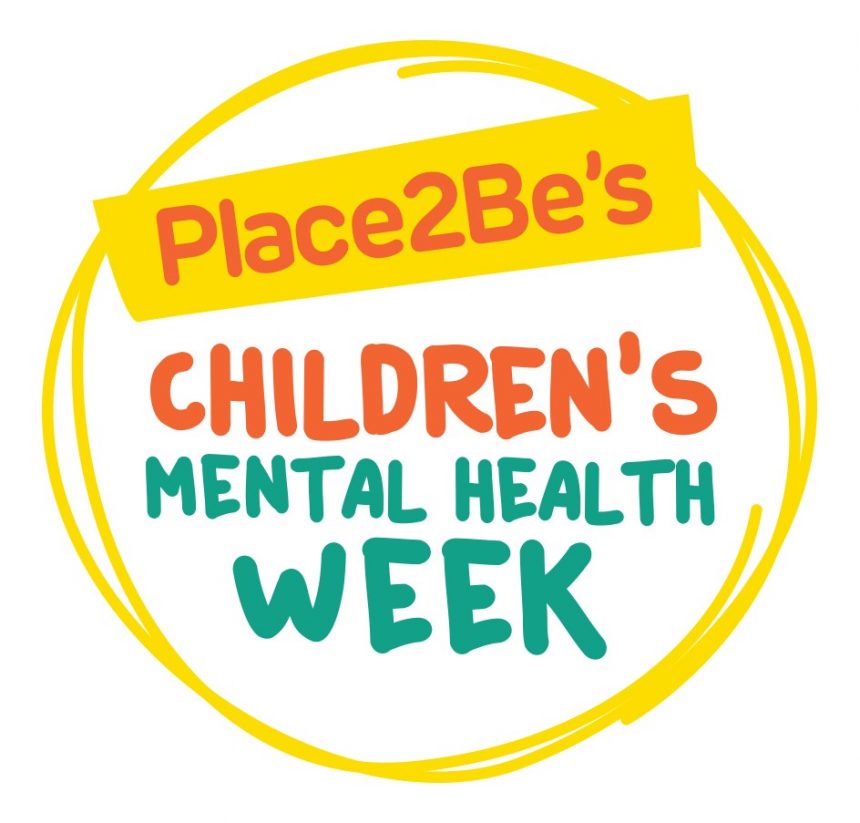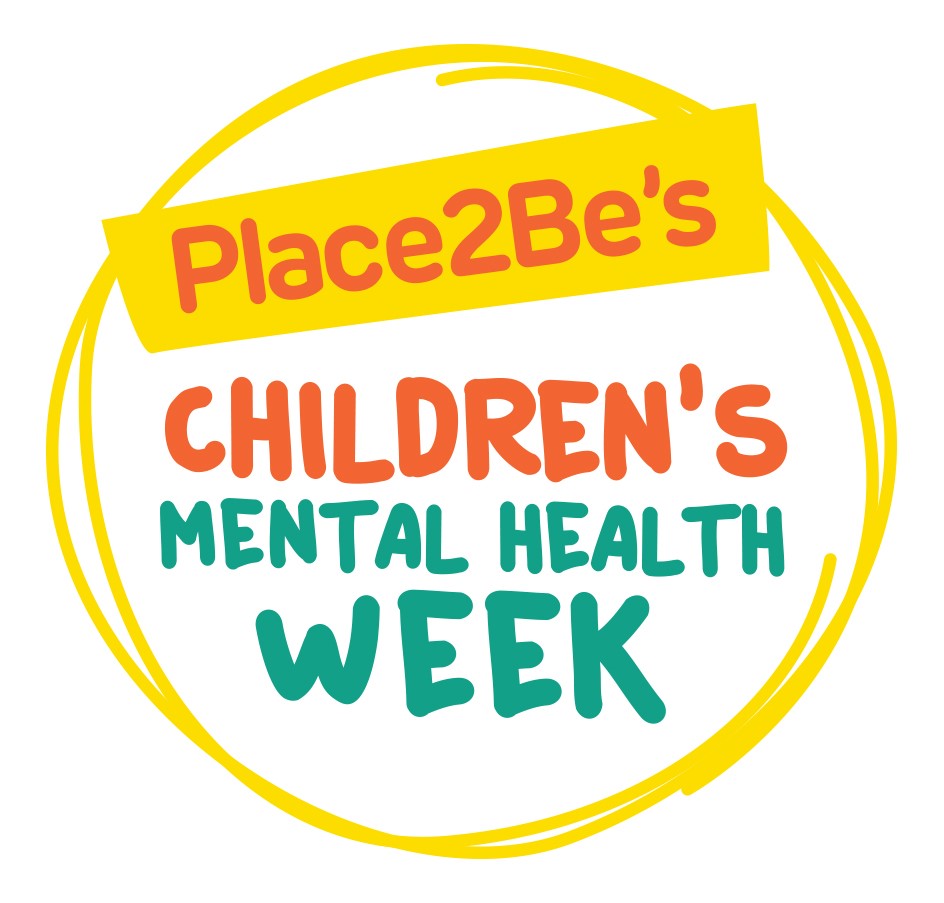This week is Children’s Mental Health Week. As a parent of a child who struggles with her mental health at times, I felt it important to write about this. However, as a parent of a child who struggles with her mental health at times, it also took all week to do so!

The theme this year is Find Your Brave. Squiggle and I talked about what it means to be brave, particularly in the context of mental health, and she came out with some very insightful answers. We also recapped ways to help our brains to stay healthy too; something we discuss regularly anyway.
We then talked about sharing our conversation publicly, and the benefits of doing so. Squiggle firmly declined this. As always, I respect her decision. I am happy she has the confidence to say no, rather than go along with anything she is uncomfortable with; this is a good thing!
I do also have some slight reservations with the topic choice; Aaron expresses these well over on his blog, so I won’t go into too much detail here on this post. But in summary, whilst the idea behind it is good, and meant to be a positive message, being told to be brave can be expressed in a similar way to comments such as ‘man up’, which is somewhat damaging. The wording ‘Find Your Brave‘ could also potentially be problematic if the intention is misunderstood.
All that said, here are a few simple ways you can encourage your child to Find their Brave (taken from Children’s Mental Health Week website)…
1. Remind your child that bravery comes in many forms and everyone is different. What’s brave for them might not feel brave to someone else.
2. Chat with your child about a time when you’ve had to Find your Brave. It might have been something big or small.
3. Praise your child when they Find their Brave. Maybe they’ve kept going at learning a new skill or tried something outside of their comfort zone which boosted their confidence.
4. Point out examples of bravery in books and films to your child and talk about how trying out different ways of being brave will help them feel good.
5. Reassure your child that not feeling brave is OK too and that there are times when it might be more difficult to be brave.
Again, remember it is important not to inadvertently make children feel pressurised into trying to manage more than they are capable of, or for them to feel inferior, or develop a sense of being a failure, if they are not able to be brave in any given scenario. The concept needs to be handled right; but if done so, can be very positive of course!
Read more about Children’s Mental Health Week and find further resources here: www.childrensmentalhealthweek.org.uk
Further Resources
Here is a list of children’s books on the topic of mental health.
I also found this article with free mental health support and resources for children and adolescents very informative and useful too:


I enjoyed reading your post. Thank you. Find Your Brave is a great way to start a conversation with a child.
A very positive post. Something we all need to put into practise, even those with healthy children need to be reminded how brave they are.
Positive steps – really does benefit all – talk talk and most of all listen